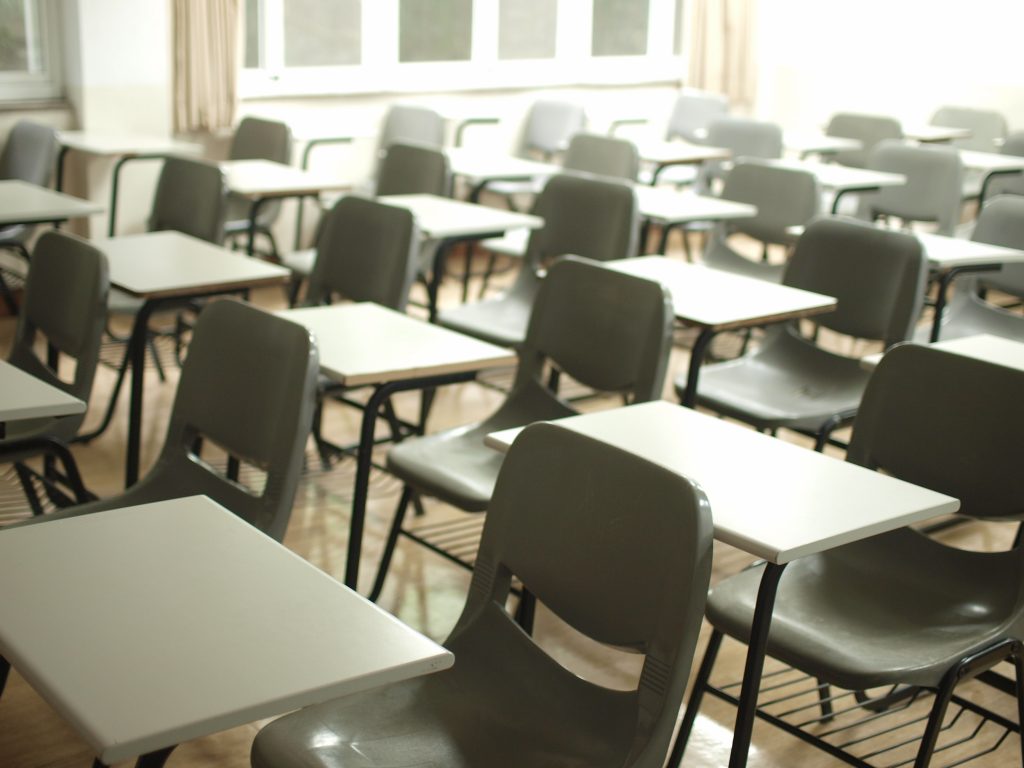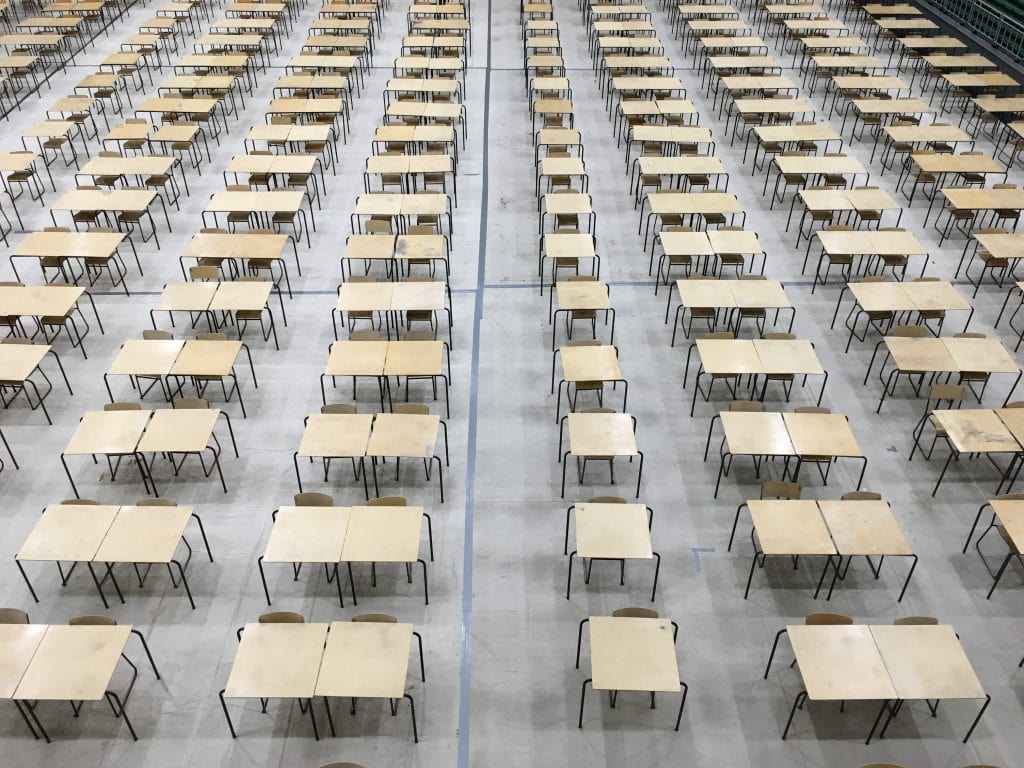Why holding a postponed, single transfer test is likely to widen educational inequalities between wealthy and poor within the current P7 cohort
This short piece presents an argument that the recent decision by AQE to cancel the three transfer tests in January and schedule a single test on 27 February is likely to widen educational inequalities between wealthy and poor within the current P7 cohort. It is not intended to re-examine the rights and wrongs of the system of academic selection at 10/11 currently in place across most of Northern Ireland’s schools.

Research over more than twenty years on the problem of educational inequality in Northern Ireland has established that the single strongest predictor of a pupil’s academic achievement is whether they gain entrance to a grammar school for post-primary education. Put simply, statistically pupils at selective schools achieve higher grades at GCSE and A-level than pupils at non-selective schools in Northern Ireland, regardless of other factors such as wealth, gender, or religion. The question of how to make Northern Ireland’s education system as equitable, accessible and inclusive as possible, and thereby tackle the persistent problem of educational underachievement, is therefore closely related to the impacts of the selective system. Due to the closure of schools owing to the Covid-19 pandemic, and the cancellation of GCSE and A-level exams, the wisdom of conducting the transfer tests for the 2021 post-primary intake has been widely questioned. Preliminary studies from across the UK indicate that a ‘lockdown learning gap’ has appeared between the wealthy and the poor, as children are experiencing widely different educational outcomes due to access to technology, parental availability and competence, access to quiet space, and school resources. Furthermore, it is likely that a focus on test preparation in the already pressured context of remote learning, transitioning back to on-site schooling, and constant disruption due to COVID-19 transmission within schools has further impacted P7 pupils.
Transfer tests postponed, cancelled, and re-scheduled
The tests were originally postponed until January 2021 following a judicial review in September in order to allow P7 children a period of preparation time in schools, a decision that the Education Minister argued would benefit children from disadvantaged backgrounds. However, due to the rampant spread of the coronavirus since mid-December, schools have now been closed until at least the February half-term break. The transfer tests due to take place in January have been cancelled, and whilst the PPTC have no plans to implement any new transfer test, at the time of writing the AQE have replaced their cancelled tests with a ‘single paper’ planned for 27th February.
Whilst this move has been clearly rationalised by a defence of the principle of academic selection, it is now more likely than ever to widen educational inequalities between wealthy and poor for the current P7 cohort, with long-lasting effects. We know that distance learning has been least effective in low-income homes and the homes of key workers. We know that wealthy families are able to best prepare their children for the transfer tests either because of their own high levels of education or by paying for private tutoring. We know that any single test could give an inaccurate reflection of a child’s ability, either due to how they perform on the day, or how their paper is marked. For this reason, candidates are usually able to sit three tests and attain the average of the best two scores. Finally, we know that the mental health of children, and their families more widely, has been seriously negatively affected by the pandemic, and all the more so in already disadvantaged households.Because of all of this, both postponing and resorting to a single test is now likely to widen educational inequalities for the current P7 cohort, with the children of parents most able to insulate them from the negative effects of the pandemic handed a significant advantage.

Is there a workable alternative?
The existing fall-back option, to offer selective school places based on “other more random criteria, such [as] family ties, geographical proximity to a school or some form of lottery for places” to quote AQE’s latest statement, based on the criteria set out by DE is admittedly far from a perfect solution. Other ideas, building on the proposal from Robbie Butler MLA to use existing attainment data held by primary schools and practice test results to assess pupils, need to be developed into a workable form with great urgency if they are to be worthwhile. Of course, any alternative criteria may also result in widened educational inequalities based on wealth. However, if alternative criteria truly are ‘more random’ than the administration of a single test which, as we have argued above, places already deprived pupils at an even more significant disadvantage as a result of this pandemic year, there is a strong chance they will not widen educational inequalities based on wealth to the same degree. What cancelling the transfer test outright could do is save P7 children, their teachers and their families the continued stress of preparing for the test, give them the chance to enjoy a broader curriculum in their final months of primary school, and nullify the risk to public health that conducting the transfer test represents. However, to go ahead with a single test postponed to the (hopeful) end of an extended period of lockdown home-schooling, is certain to widen educational inequalities based on wealth for this P7 cohort in comparison with other years.
Reasons to study at Stranmillis
Student Satisfaction
Stranmillis is ranked first in Northern Ireland for student satisfaction.
Work-based placements
100% of our undergraduate students undertake an extensive programme of work-based placements.
Study Abroad
All students have the opportunity to spend time studying abroad.
Student Success
We are proud to have a 96% student success rate.
